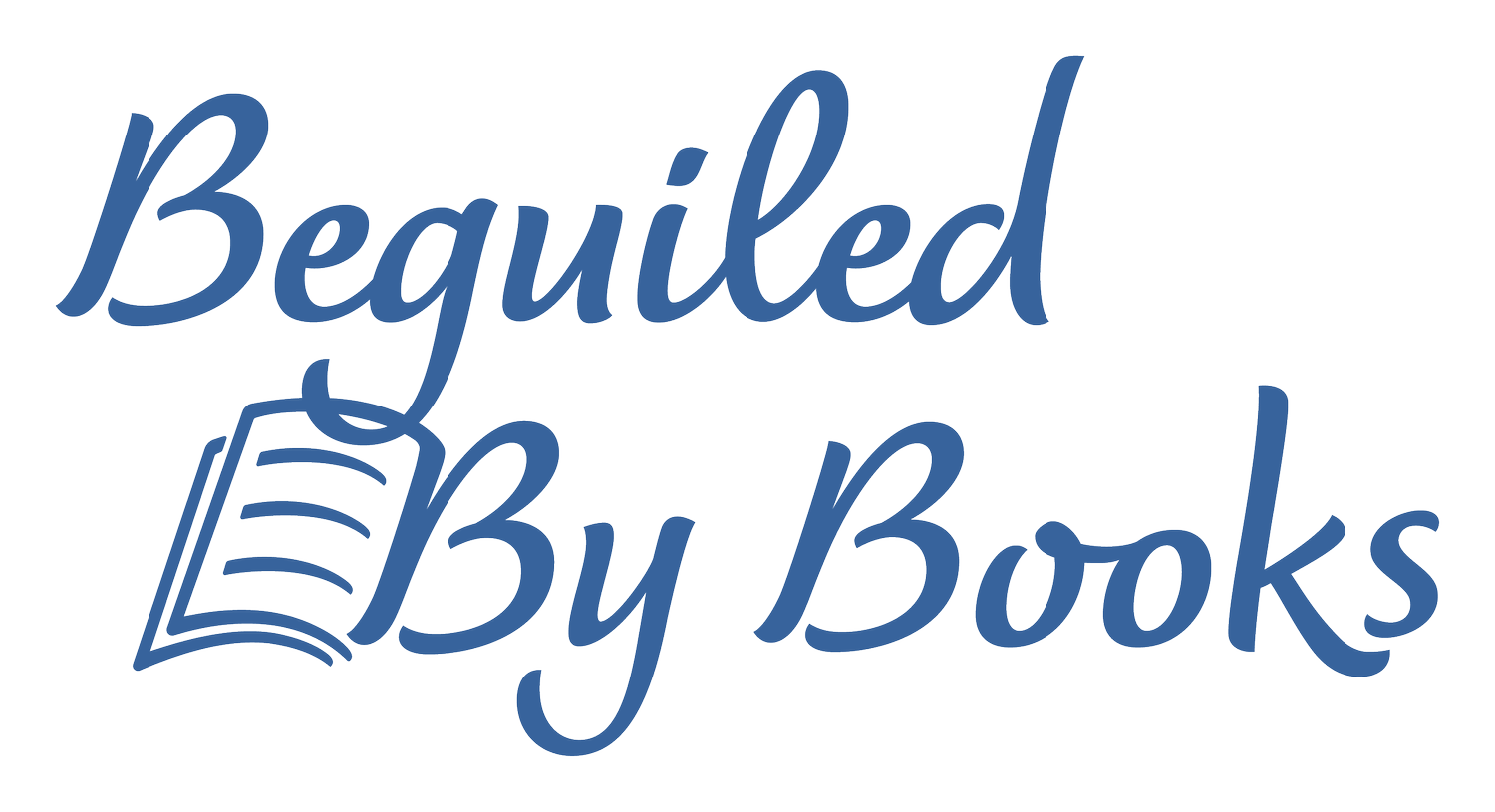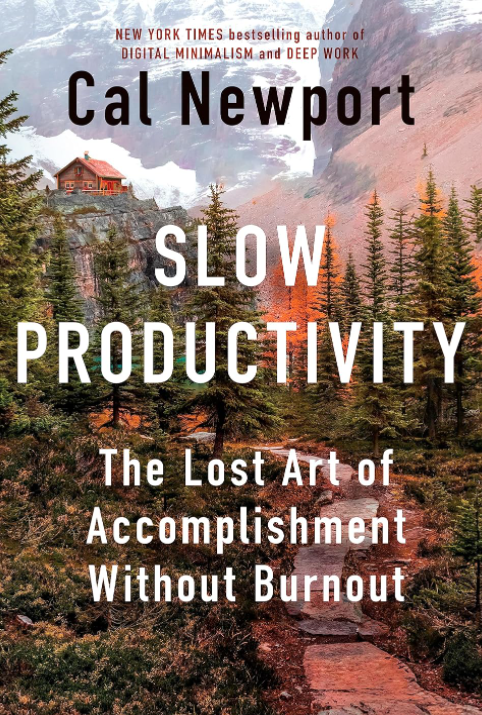The Danish Secret to Happy Kids by Helen Russell
We bring up kids to make their own choices. We don’t teach them to place all their trust in external authority - political, religious, or philosophical.
How We Show Up: Reclaiming Family, Friendship, and Community by Mia Birdsong
The American Dream’s narrowly defined paths to happiness and success rely on an acceptance of prescribed roles, and a lot of accumulation and exhibition.
The Fish That Ate the Whale: The Life and Times of America's Banana King by Rich Cohen
As the plant grows, the stem uncoils, revealing new leaves, tender at first, rough at last. The fruit appears at the end of a cycle, growing from a stem that bends toward the ground under its own weight.
Crying in H Mart by Michelle Zauner
Life is unfair, and sometimes it helps to irrationally blame someone for it.
Slow Productivity: The Lost Art of Accomplishment Without Burnout by Cal Newport
The relentless overload that’s wearing us down is generated by a belief that “good” work requires increasing busyness—faster responses to email and chats, more meetings, more tasks, more hours.
The Resilience Myth: New Thinking on Grit, Strength, and Growth After Trauma by Soraya Chemaly
The key to using optimism to enhance resilience is in rejecting black-and-white, either/or thinking. Resilient people use both optimism and pessimism strategically to gain the critical insights and information they need to adjust to change.
Cultures of Growth: How the New Science of Mindset Can Transform Individuals, Teams, and Organizations by Mary C. Murphy
Companies are often faced with a predicament about whether to play it safe and maximize their resources (known as exploitation) or look to new products, areas, or partnerships for growth (known as exploration).
The Art Thief: A True Story of Love, Crime, and a Dangerous Obsession by Michael Finkel
Crime works best, he says, not with overpowering force but when nobody knows it’s being committed.
The Age of Magical Overthinking by Amanda Montell
We’re living in what they call the ‘information age,’ but life only seems to be making less sense. We’re isolated, listless, burnt out on screens, cutting loved ones out like tumors in the spirit of “boundaries,” failing to understand other people’s choices or even our own.
Rage Becomes Her by Soraya Chemaly
A “no-nonsense” woman is “cold,” “bitchy,” and disliked. If she expresses frustration or anger at being treated unfairly, or even asks for help, she is considered less competent and less deserving of pay or reward.
The Comfort of Crows by Margaret Renkl
I always find more answers in a forest than in my own hot attic of a mind.
Essentialism: The Disciplined Pursuit of Less by Greg McKeown
If you don’t prioritize your life, someone else will.
The Happiness Advantage by Shawn Achor
Perhaps the most accurate term for happiness, then, is the one Aristotle used: eudaimonia, which translates not directly to “happiness” but to “human flourishing.”
Supercommunicators by Charles Duhigg
They subtly reflected shifts in other people’s moods and attitudes.
The Art of Gathering by Priya Parker
Gatherings crackle and flourish when real thought goes into them, when (often invisible) structure is baked into them, and when a host has the curiosity, willingness, and generosity of spirit to try.
The Cult of We: WeWork, Adam Neumann, and the Great Startup Delusion by Eliot Brown and Maureen Farrell
It’s a story about the toxic brew of confirmation bias, fuzzy math, and hubris. It’s a story about what people will do when they are allowed to spend other people’s money with minimal oversight.
The Creative Act: A Way of Being by Rick Rubin
The magic is not in the analyzing or the understanding. The magic lives in the wonder of what we do not know.
Cultish: The Language of Fanaticism by Amanda Montell
Whether wicked or well-intentioned, language is a way to get members of a community on the same ideological page. To help them feel like they belong to something big




















